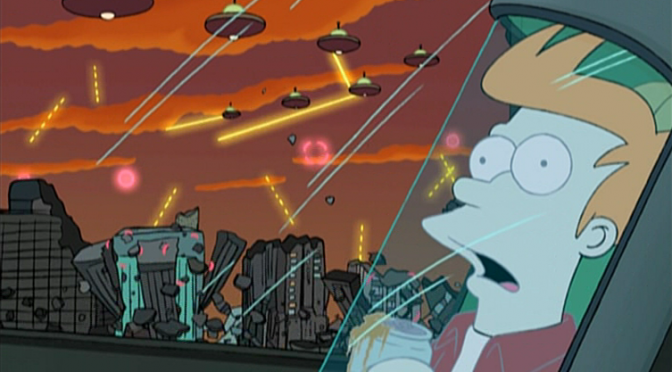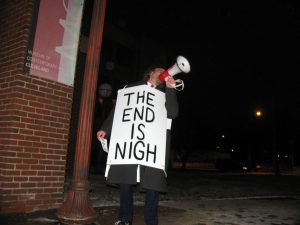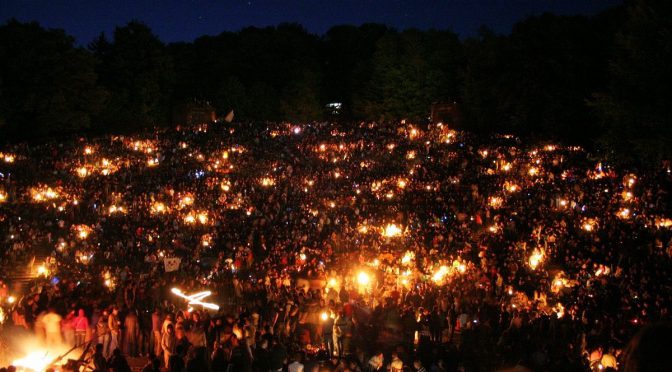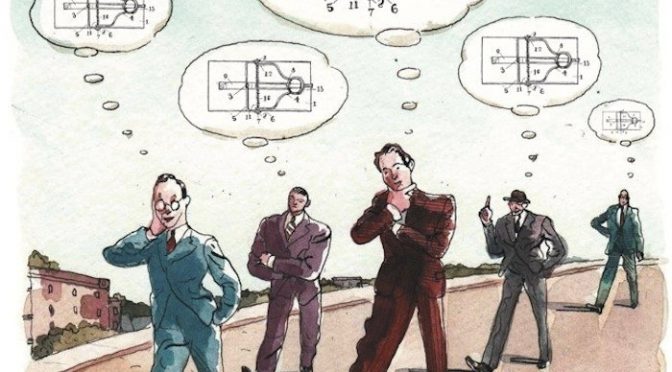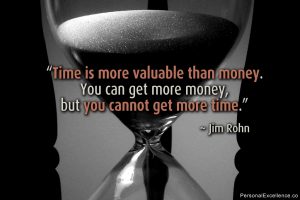It’s funny when you think about it, but the most productive times for some forms of writing are generally the ones that look the most idle from the outside. You know that you wrote 2,000 words in a day and edited a couple chapters from your last project, but the outside world isn’t going to know the difference until you’re ready to publish. And in a stroke of irony, the people who look the most productive to the outside world, broadcasting their progress and talking about their process, are the same people who had to step away from the work to do it. It’s a balancing act, how much of your mental bandwidth are you going to dedicate to the actual tasks at hand and how much are you going to dedicate to making sure others recognize what you’re doing. But some people are masters at doing this and come across making it look effortless, weaving between productivity and self-promotion with grace and charm.
I am not one of those people.
I’ll make a confession today that I’m sure is no surprise to anyone who’s actually spoken to me: social media is exhausting. I’m an introvert and spend a lot of time in my own head, so the notion of spending time specifically trying to appear social is actually more tiring than just doing the work. It’s not that I hate people either, just that I kind of like to daydream and if I am going to talk it’s going to be a long form ramble about some silly idea I just came up with which is far too long for a 280 character limit. To put it simply: I am an opinionated blowhard and twitter can’t contain me.
But recently, after finally getting caught up on a couple projects, I discovered something amusing: apparently my recent twitter activity made some people (and “people”) think I was a bot. Continue reading I Am Not A Robot (I Think)






